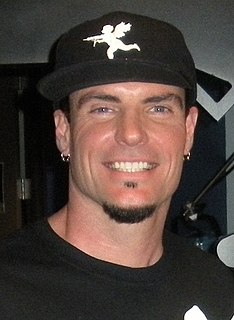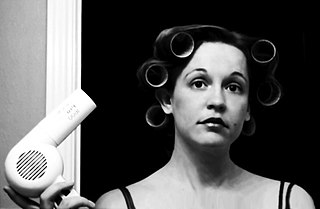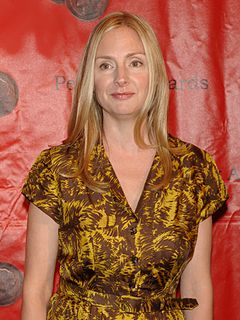A Quote by James Blunt
Every time I do an interview, it's like serious therapy. But real therapy isn't something that I'd ever have. I feel fortunate that mentally everything is functioning well.
Related Quotes
The cognitive therapy that takes place in the film Antichrist is a form of therapy that I have used for some time, and it has to do with confronting your fears. I would say that especially the part of the film that has to do with therapy is humoristic because people who know about this form of therapy would know that the character is more than a fool.
If you have a relative who's lost interest in everything and doesn't get out of bed, who doesn't care for things they used to, can't imagine anything that would give them any pleasure, don't fool around with it; get therapy, get help, get medication if that's right for you, or talk therapy, or something.




































